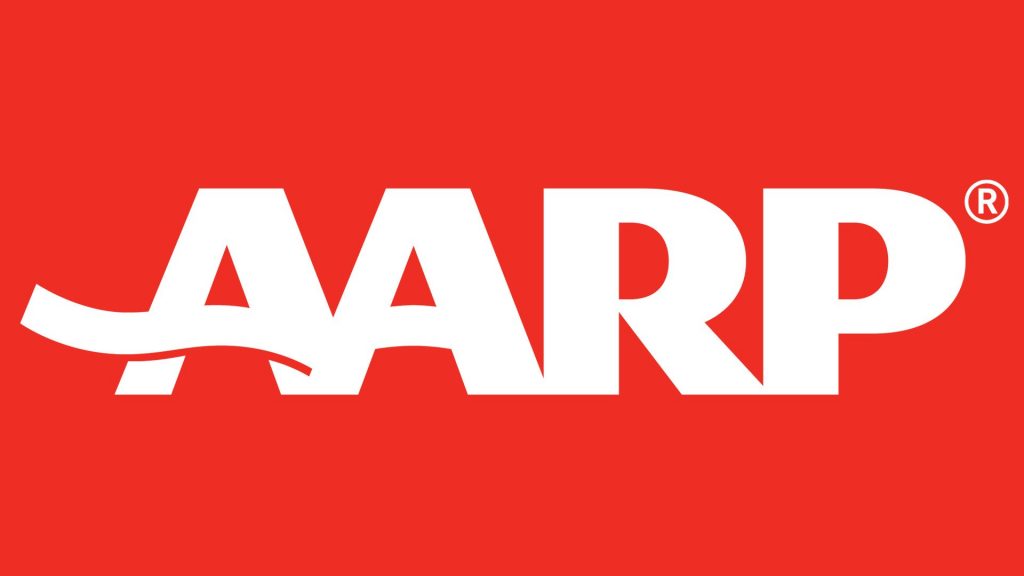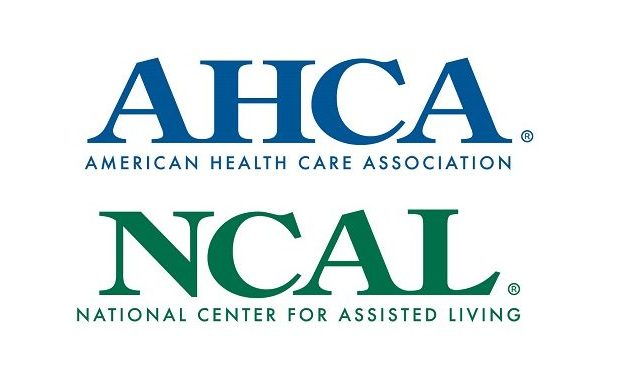Transforming the financing and delivery of long-term supports and services for older adults and disabled people.
Generously supported by:
AARP
Akin Gump Strauss Hauer & Feld LLP
American Health Care Association/ National Center for Assisted Living (AHCA/NCAL)
America’s Health Insurance Plans (AHIP)
Dennis Passis
Hederman Consulting LLC
The Jewish Federations of North America (JFNA)
Jewish Healthcare Foundation
The John A. Hartford Foundation
LeadingAge
Maja Kristin
Mt. Sinai Health Care Foundation
The SCAN Foundation
The Urban Institute
The Vision
The Convergence Collaborative’s vision is that consumers, providers, insurers, government, and others can work together to design a sustainable and affordable system that delivers and finances higher-quality Long Term Support and Services (LTSS). The current system underfunds the services and supports people need to live a meaningful life, and any solution should, as much as possible, shift from the current welfare-based model to an insurance-based system.
The Problem
At the time of the project, more than 6 million older adults needed a high level of care. That number was expected to increase to nearly 16 million within a half-century. Millions of middle-income Americans drain their financial resources, place enormous burdens on family caregivers, and eventually turn to Medicaid for assistance. We believe the United States can do far better.

More than two-thirds of older adults will need some personal assistance before they die.
NIH

Nearly half of older adults will have a high enough level of need that they would be eligible for private long-term care insurance or Medicaid.
NIH

Unpaid family caregivers lose an estimated $3 trillion in lost lifetime wages and benefits.
Advancing States & AARP
Convergence Consensus Blueprint
Establish a universal catastrophic insurance program
This program should provide financial support to those with high levels of care needs over a long period of time.
Create a series of private sector initiatives and public policies aimed at revitalizing the long-term care insurance market to help address non-catastrophic LTSS risk.
This includes efforts to encourage retirement savings and develop more efficient and innovative use of home equity to assist middle-and upper-income families finance LTSS needs for those risks that are not covered by catastrophic insurance benefits.
A modernized Medicaid LTSS safety net
A modernized Medicaid LTSS safety net for those with limited lifetime incomes who are not able to save for these care needs, as well as for those who deplete their assets paying for medical and long-term care costs. This includes more flexible public programs that can deliver care in the setting most appropriate to the needs of individuals.
Stronger support for families and communities
Families and communities that are the bedrock for people receiving care at home should receive stronger support and better integration of medical treatment and personal assistance.
Project Outcomes
Foundational Principles
A list of foundational principles for designing a sustainable and affordable system of long-term services and supports.
Vision of a Better Future for People Needing Long-Term Services and Supports
The Long-Term Care Financing Collaborative developed a consensus statement describing the challenges with the current long-term supports and services system in the United States and laid out a set of foundational principles for designing a sustainable and affordable system of care. The Collaborative recognizes th at financing and delivery of services and supports are inextricably linked. The purpose of this statement is to express our agreement on LTSS recommendations that recognize the role of families and communities in delivering services and supports.
Press Recap
Long-Term Care Financing Collaborative Press Recap
Testimonials

In the News

Biden Takes On Sagging Safety Net With Plan To Fix Long-Term Care
“A couple of years ago, the Long-Term Care Financing Collaborative, a group formed to think through how to pay for long-term elder care, reported that half of adults would need “a high level of personal assistance” at some point, typically for two years, at an average cost of $140,000.”

Long-Term Care Needs A Long-Term Solution
“Five years ago, the Long-Term Care Financing Collaborative, a nongovernmental expert panel, offered a proposal to protect against catastrophic costs of long-term services and supports in the final years of life… Under the proposal, individual savings would buttress insurance benefits, and care would occur in the most appropriate home-based or institutional setting.”

Getting Old Is A Crisis More And More Americans Can’t Afford
Michelle Cottle on the impact of Convergence’s Long-Term Care Financing Collaborative: “In 2012, a broad cross-section of policy experts, consumer advocates and industry representatives formed the Long-Term Care Financing Collaborative to explore more sustainable funding models. Last month he introduced legislation that would establish such a program.”

States Try Easing the Burden of Long-Term Care’s High Cost
Howard Gleckman, Steering Committee Member and Signatory of the Convergence Long-Term Care Financing Collaborative, was recently quoted in a New York Times piece about new state-based initiatives to make healthcare affordable to patients who require long-term care.
Interested in funding a project in the future?
Check out our donate page or contact our development team to learn more.















